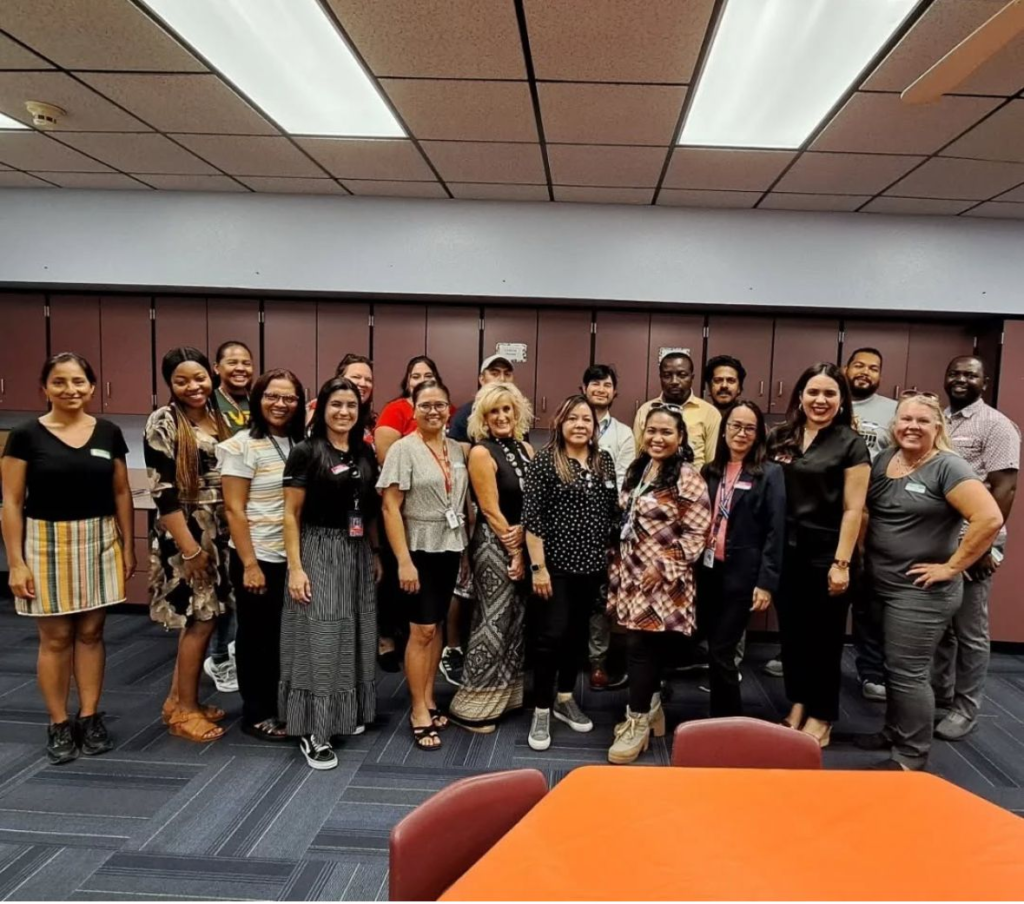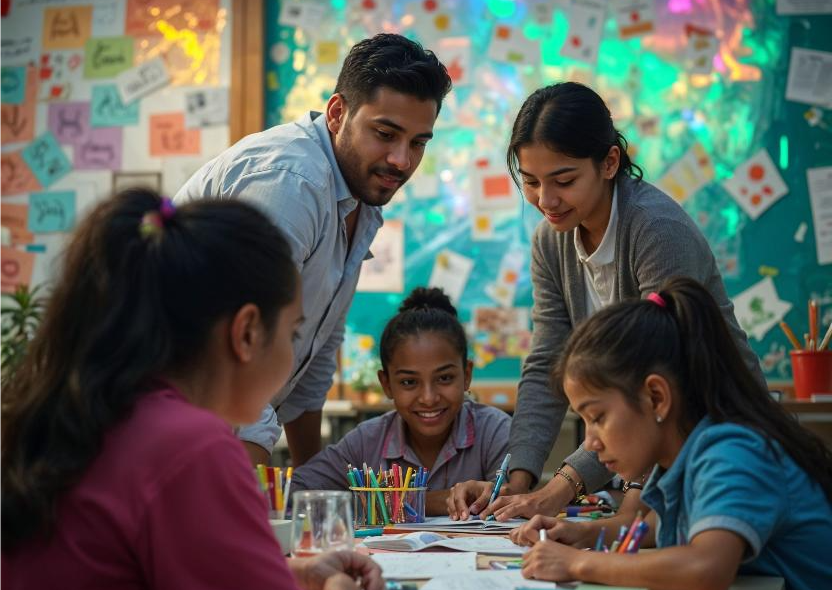Have you ever felt the call to explore new horizons and bring your passion for teaching to a global stage? The story of Nad, a Brazilian teacher, is an inspiring testament to how dreams can cross borders and become transformative realities. After 16 years of dedication in her home country, Nad sought a challenge that would enrich her career and personal life.


IAG Teacher experience
My name is Nad, I am Brazilian and I am currently a teacher at an elementary school here in the United States, in the city of Phoenix, in the state of Arizona.
After teaching for 16 consecutive years, I felt that I needed a new challenge. I was looking for an opportunity that would allow me to grow professionally and, at the same time, enrich my experience as an educator. That was when I discovered IAG – International Alliance Group.

I signed up for the program, went through the training, participated in the interviews and was selected to come work here. Today, I am in my third-year teaching English, Writing, Math, Science and Social Studies to the fifth grade of elementary school here in the United States and this has been an extremely rewarding experience, both professionally and personally.
The most special thing is that I did not go through this journey alone: my family came with me, and my husband and children were also able to share in this transformative experience.


Nad’s story is a powerful reminder that dreams know no borders. Her courage in seeking new horizons and her dedication to teaching in a culturally diverse environment are a testament to the transformative impact international teachers can have. If you’re inspired by her journey and ready to explore your own opportunities in teaching in the United States, we invite you to take the first step and discover how IAG can open doors to an unforgettable educational adventure. Sign up today!
This blog was written by Global Workforce Development, powered by IAG, an organization dedicated to creating international job opportunities for professionals.


